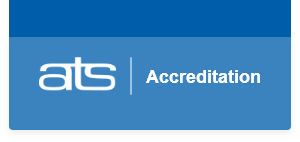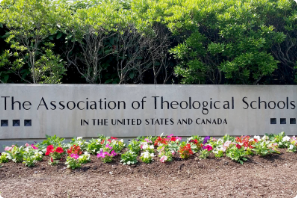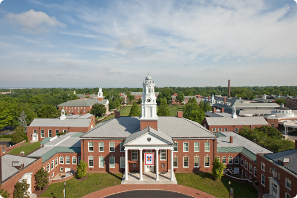Self-Study Handbook
The ATS Board of Commissioners publishes a Self-Study Handbook that
aligns with the Standards of Accreditation adopted by the membership
in June 2020. The “Overview” section of the handbook describes the self-study process as follows:
As a school approaches a comprehensive evaluation for reaffirmation or for initial accreditation, it can be helpful to think in terms of three distinct (but mutually informing) phases: (1)
the self-study process, (2) the self-study report, and (3) the self-study visit. This handbook focuses on each of those three phases in turn, giving attention both to broad themes and to
specific practices. Given the diversity of contexts represented in ATS schools (e.g., in size, structure, resources, programs, location, and so on), schools are encouraged to seek
consultation early and often with their Commission staff liaison, and to draw on other Commission resources as appropriate, to help them design a self-study process that meets the
expectations of the Commission while also serving in ways that are authentic, meaningful, and helpful to the school.
Self-study is a significant investment—of time, resources, energy, and money—and schools regularly indicate that self-study is most beneficial when the school is intentional about
being a wise steward of these resources. In particular, while schools must give attention to the entirety of the Commission Standards, as well as to the full breadth of the self-study
process, schools are also encouraged to consider ways to simplify and streamline their work so that they may focus their resources on aspects of the self-study that may be especially useful,
timely, and meaningful to the school and to the communities it serves.
At its heart, self-study is an opportunity for significant conversations and imagination, for broad and deep introspection and self-evaluation, and for meaningful feedback from peers; it is
not intended to be a bureaucratic task or an exercise in demonstrating compliance. Self-study allows schools to celebrate their strengths, name areas for growth, and prioritize and plan
future actions.
NOTE: As noted under Self-Study and Evaluation, to assist schools beginning their self-study processes,
the Commission invites member schools with visits scheduled in the next two years to participate in a self-study workshop. This event is provided at no cost (other than travel and lodging)
and covers a wide range of topics associated with the self-study process, the self-study report, the evaluation visit, and subsequent actions taken by the Board of Commissioners. The workshop
is also a good opportunity to meet the ATS staff liaisons assigned to member schools to assist them in accreditation matters.




